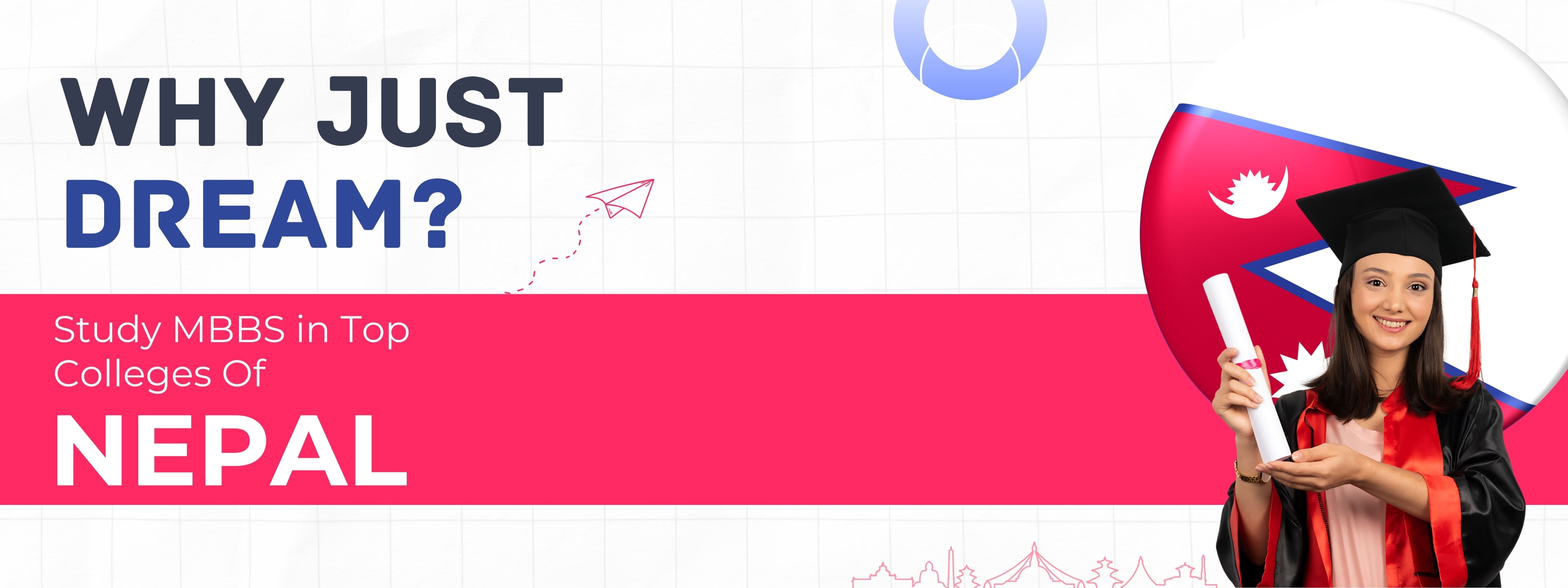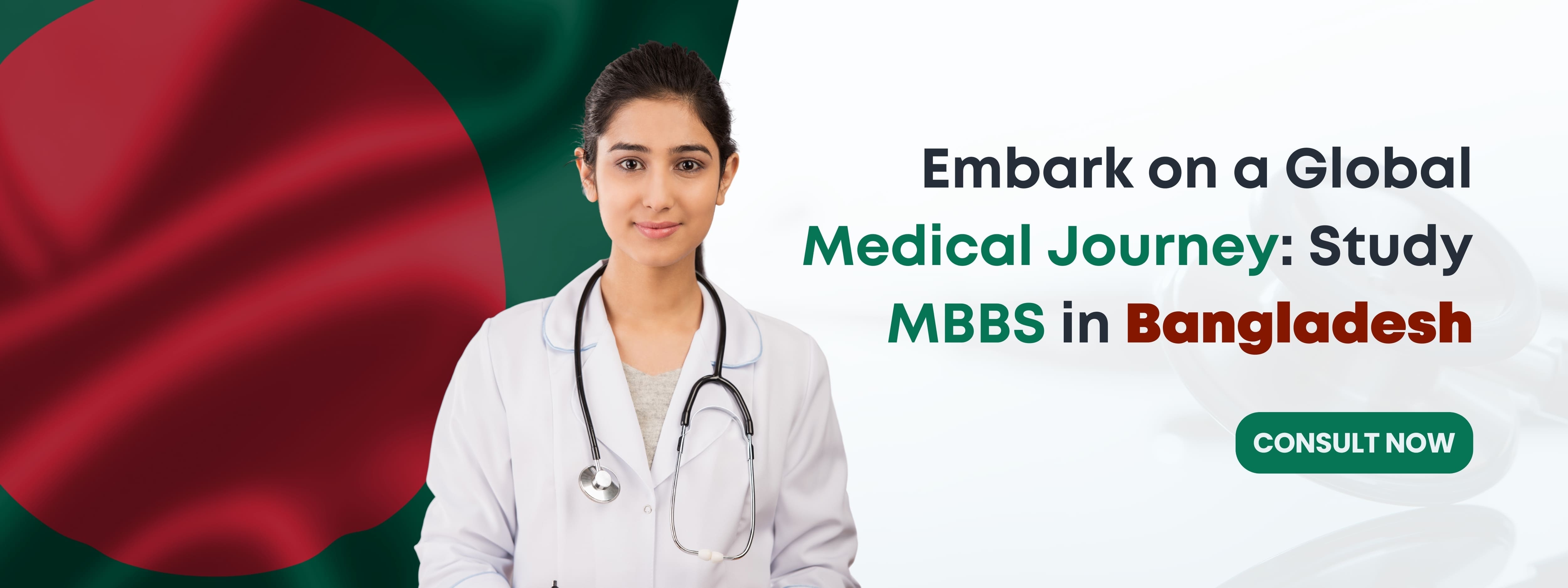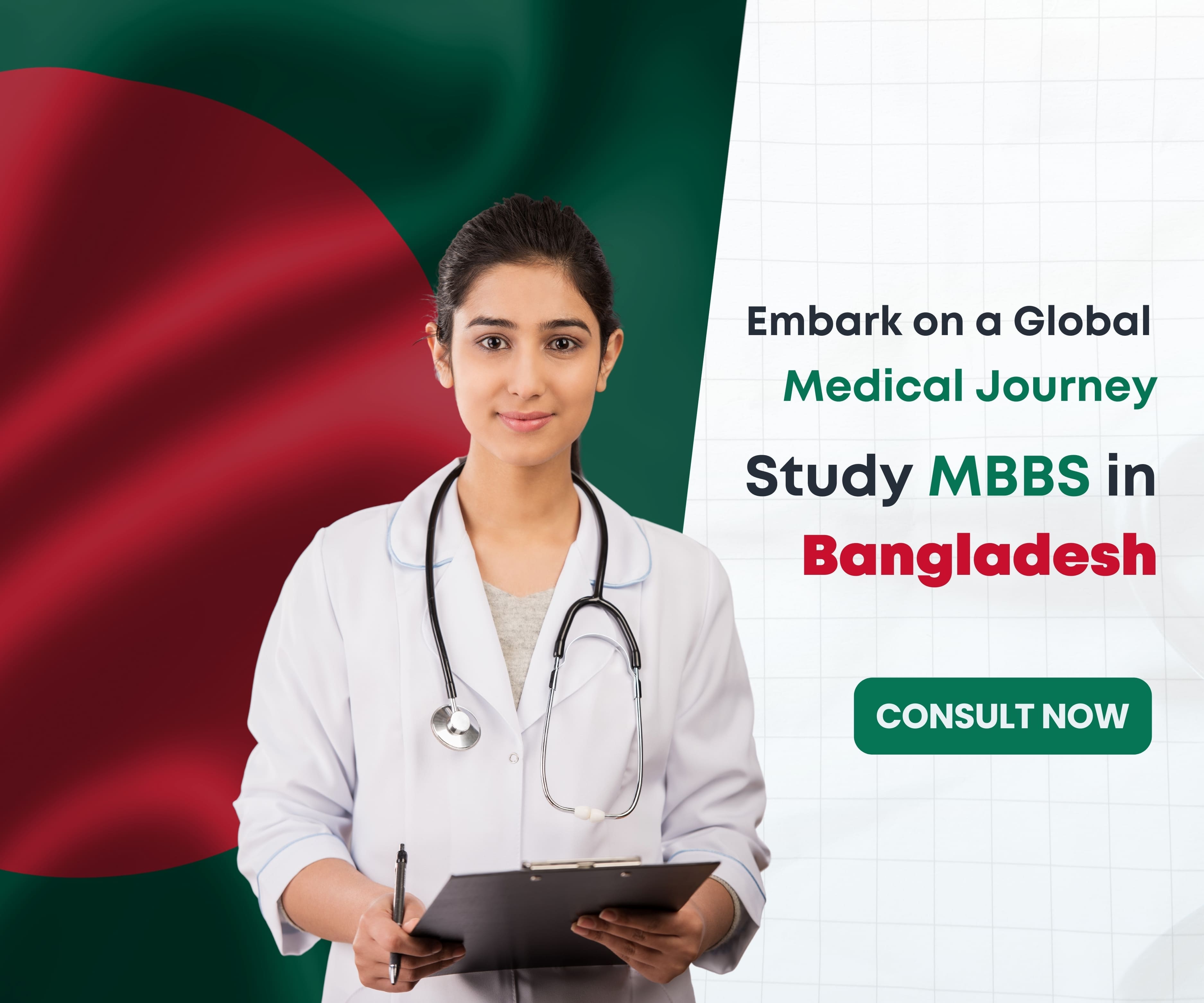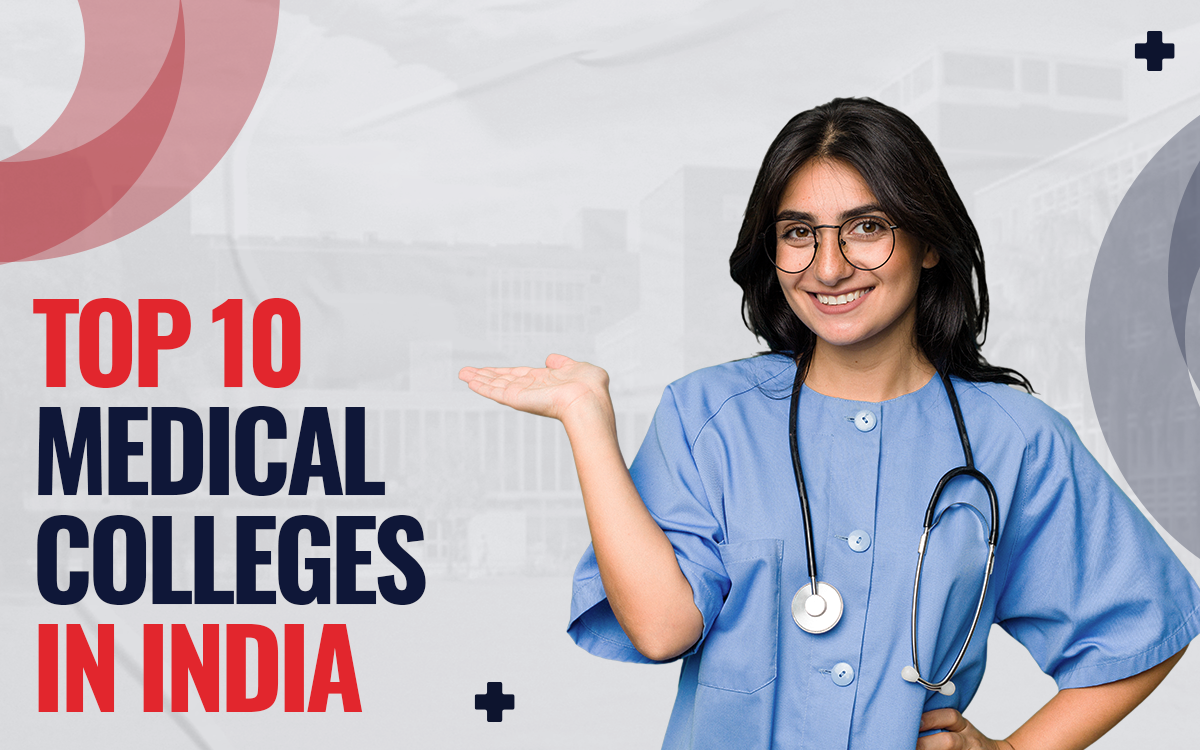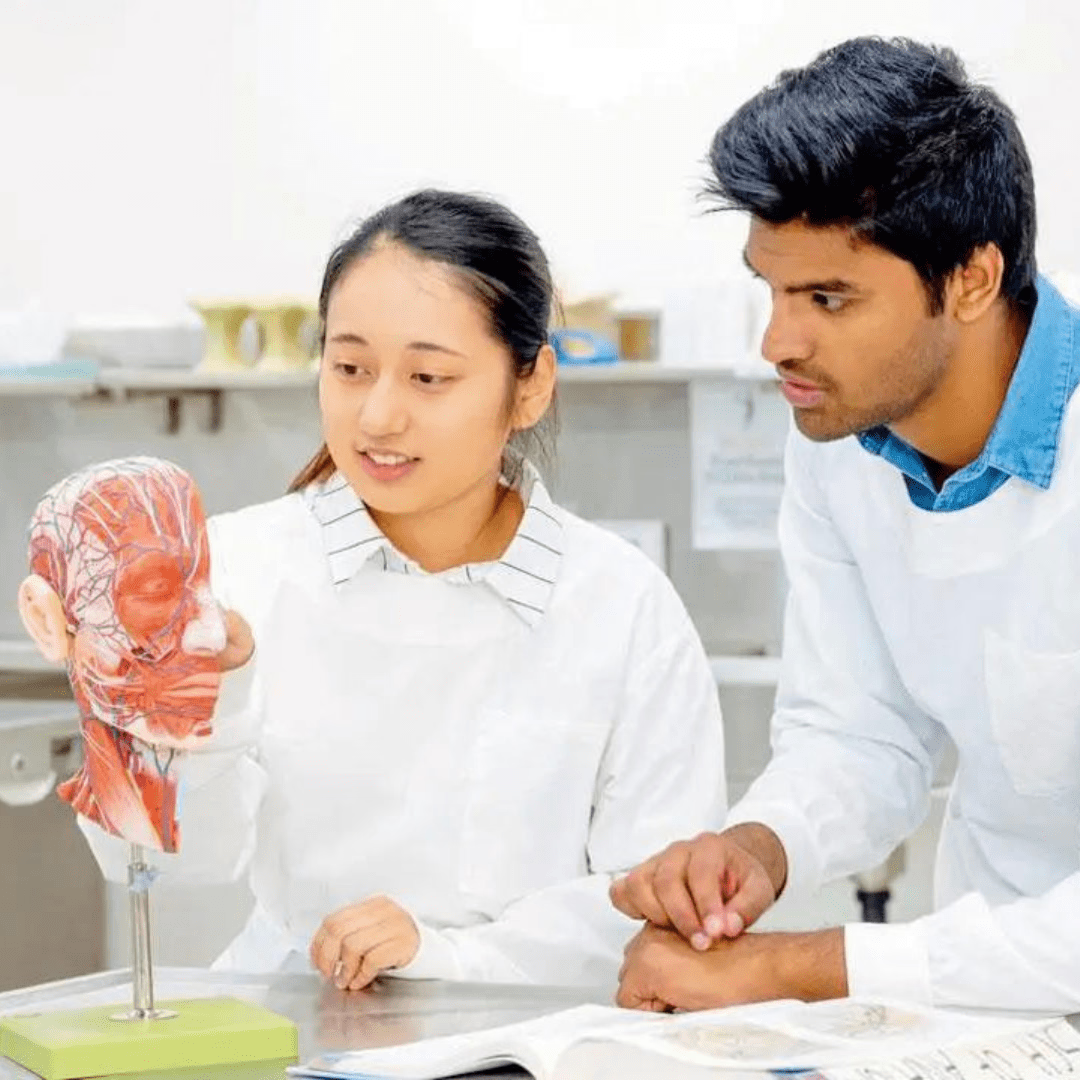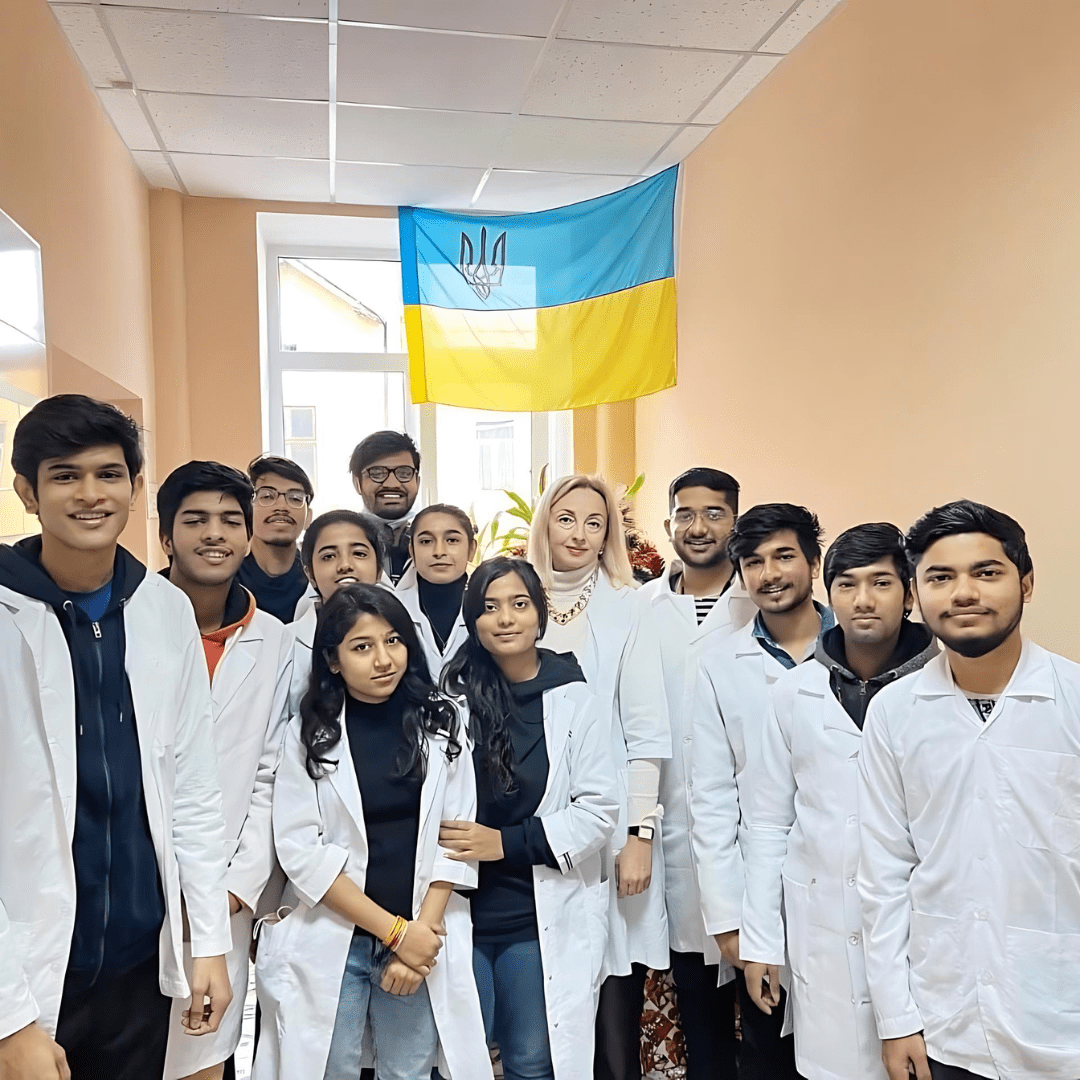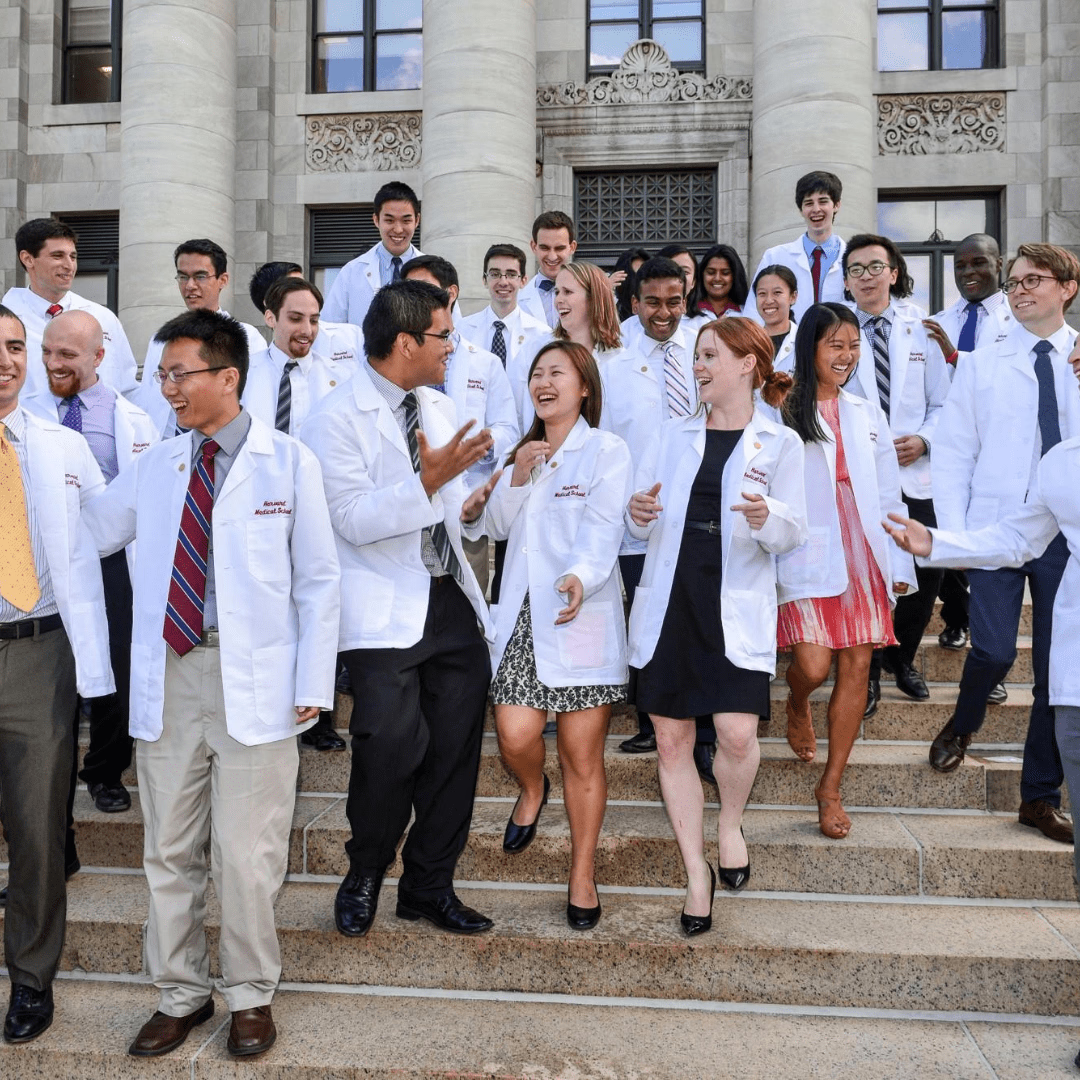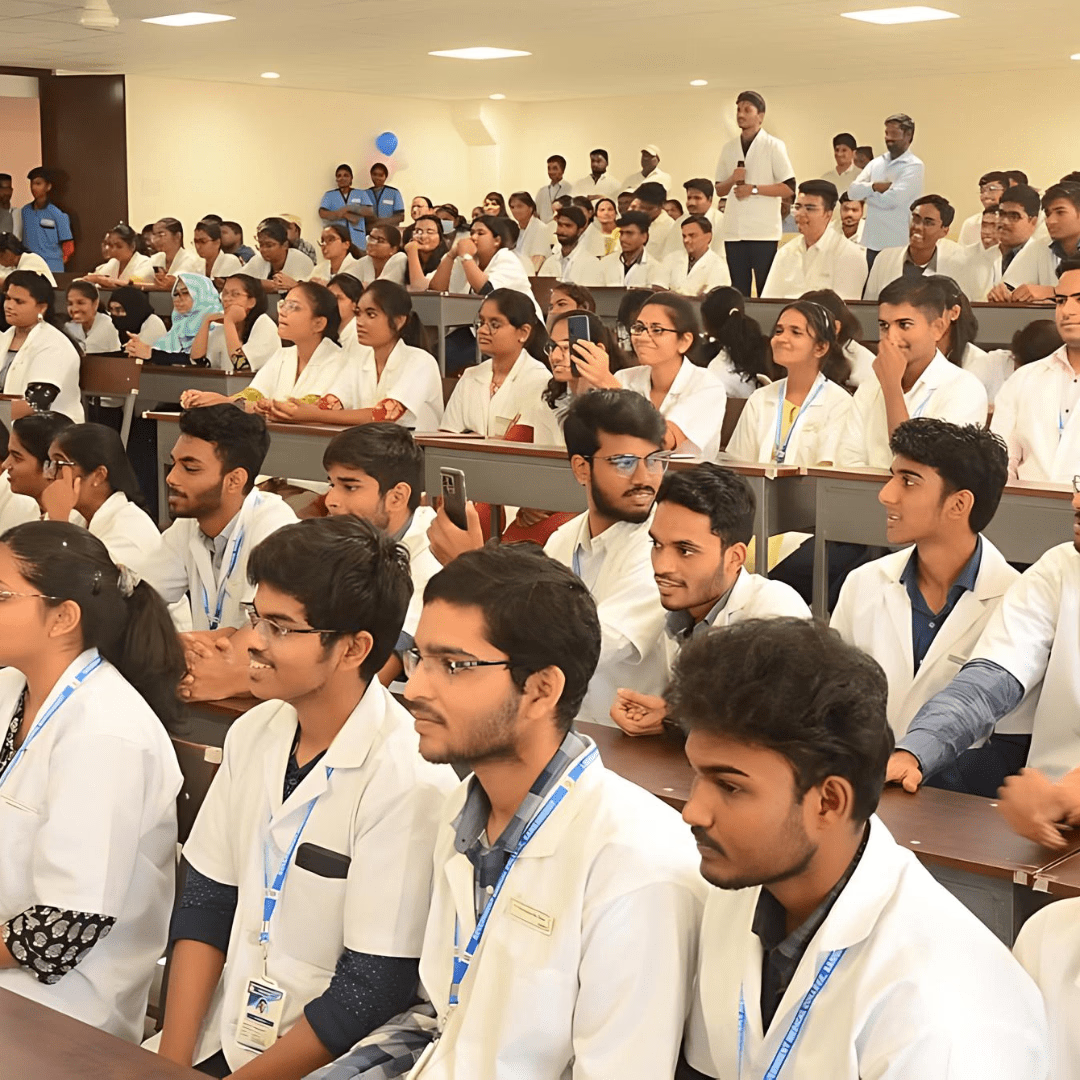Understanding the NEET Exam: A Comprehensive Guide for MBBS Aspirants
For aspiring doctors in India, the NEET (National Eligibility cum Entrance Test) is a crucial gateway to securing admission into undergraduate medical programs (MBBS and BDS) across the country. Given its significance, understanding the nuances of NEET is essential for any medical aspirant. This comprehensive guide delves into what NEET entails, why it is important, preparation strategies, common pitfalls, and post-exam processes.
What is NEET?
NEET is a national-level entrance examination conducted by the National Testing Agency (NTA) in India. It is the sole exam for admissions to MBBS and BDS programs in both government and private medical and dental colleges in India, except for AIIMS and JIPMER, which have their own separate exams. NEET assesses the knowledge of students in Physics, Chemistry, and Biology (Botany and Zoology).
Importance of NEET
- Uniform Standardization: NEET provides a single, standardized assessment for all medical aspirants across India, ensuring a level playing field.
- Eligibility for Admissions: Clearing NEET is mandatory for admission into MBBS and BDS programs, making it a critical exam for aspiring medical professionals.
- Merit-Based Selection: NEET ranks candidates based on their performance, which determines their eligibility and ranking for admission into various medical colleges.
- Wide Acceptance: NEET scores are accepted by all medical and dental colleges in India, including prestigious institutions and private colleges.
NEET Exam Structure and Syllabus
Exam Pattern
- Total Questions: 180 (45 questions each from Physics and Chemistry, and 90 from Biology)
- Type of Questions: Multiple-choice questions (MCQs)
- Duration: 3 hours
- Marking Scheme: +4 for each correct answer, -1 for each incorrect answer, and 0 for unanswered questions
Syllabus
The NEET syllabus encompasses the core concepts from Physics, Chemistry, and Biology as prescribed by the NCERT for classes 11 and 12. The key topics include:
- Physics: Mechanics, Thermodynamics, Electrodynamics, Optics, and Modern Physics
- Chemistry: Physical Chemistry, Organic Chemistry, and Inorganic Chemistry
- Biology: Cell Structure, Genetics, Ecology, Human Physiology, Plant Physiology, and Diversity in Living Organisms.
Preparation Tips and Strategies
- Understand the Syllabus: Familiarize yourself with the NEET syllabus and exam pattern. Focus on core topics and ensure you cover every subject thoroughly.
- Create a Study Plan: Develop a realistic and well-structured study plan, allocating time for each subject based on your strengths and weaknesses.
- Use Quality Study Material: NCERT textbooks are crucial for NEET preparation. Supplement them with reference books and online resources to deepen your understanding.
- Practice Regularly: Practice is key to success in NEET. Solve previous years’ question papers, take mock tests, and practice MCQs regularly to improve speed and accuracy.
- Focus on Weak Areas: Identify your weak areas and devote extra time to improve them. Seek help from teachers or join coaching classes if needed.
- Revision is Crucial: Regular revision is essential to retain concepts. Create concise notes and review them frequently.
- Stay Healthy and Manage Stress: Maintain a healthy lifestyle with balanced nutrition, adequate sleep, and regular physical activity. Practice relaxation techniques to manage stress and anxiety.
Common Mistakes to Avoid
- Ignoring NCERT Books: Many students overlook NCERT textbooks, which are fundamental for NEET preparation. Ensure you thoroughly study and understand them.
- Procrastination: Delaying study sessions or avoiding difficult topics can lead to last-minute stress. Stick to your study plan and be consistent.
- Overloading with Resources: Using too many reference books or study materials can be overwhelming. Focus on quality over quantity.
- Neglecting Mock Tests: Mock tests are crucial for familiarizing yourself with the exam format and improving time management skills. Don’t skip them.
- Ignoring Mental and Physical Health: Long study hours can take a toll on your health. Prioritize your well-being to maintain peak performance.
Post-Exam Processes: Counseling and Seat Allocation
After the NEET results are announced, the counseling process begins, typically conducted by the Directorate General of Health Services (DGHS) for the All India Quota and respective state authorities for state quotas.
Counseling Steps
- Registration: Candidates must register for the counseling process on the official website.
- Choice Filling and Locking: Students select and lock their preferred colleges and courses.
- Seat Allotment: Based on rank, preferences, and availability, seats are allocated to candidates.
- Reporting to the Allotted College: Once a seat is allotted, candidates must report to the college for document verification and admission.
- Mop-Up Rounds: Additional rounds of counseling may be conducted to fill remaining seats.
Conclusion
The NEET exam is a pivotal milestone for MBBS aspirants in India. With thorough preparation, a strategic approach, and a clear understanding of the process, students can excel in the exam and secure admission to prestigious medical colleges. Remember, consistency, dedication, and a positive mindset are key to achieving success in NEET. Best of luck on your journey to becoming a medical professional!

